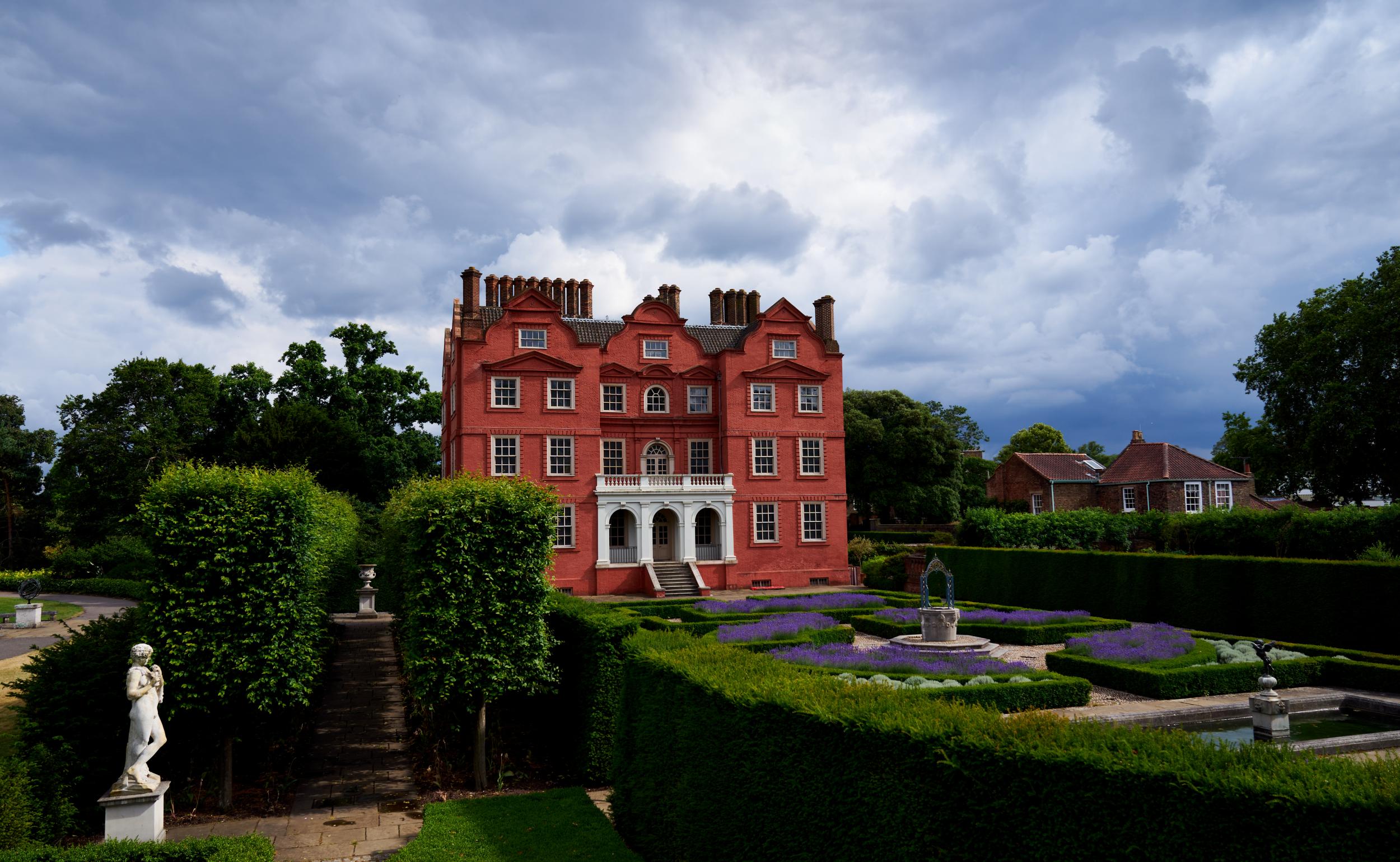Kew Palace resident chased for TV licence fee - despite it not being occupied since King George III in 1820
House dates from 1631 and was initially owned by wealthy silk merchant

Your support helps us to tell the story
From reproductive rights to climate change to Big Tech, The Independent is on the ground when the story is developing. Whether it's investigating the financials of Elon Musk's pro-Trump PAC or producing our latest documentary, 'The A Word', which shines a light on the American women fighting for reproductive rights, we know how important it is to parse out the facts from the messaging.
At such a critical moment in US history, we need reporters on the ground. Your donation allows us to keep sending journalists to speak to both sides of the story.
The Independent is trusted by Americans across the entire political spectrum. And unlike many other quality news outlets, we choose not to lock Americans out of our reporting and analysis with paywalls. We believe quality journalism should be available to everyone, paid for by those who can afford it.
Your support makes all the difference.A letter has been sent by TV Licensing to the "current occupier" of Kew Palace, despite the fact that no one has lived there for 200 years.
King George III, who died in 1820, was the last resident of the house in west London.
Rachel Mackay, the manager of historic royal palaces at Kew, posted a message on Twitter with a photograph of the letter, which was marked "Action Required Immediately".
"Oh good, it's the time of year where I have to explain to the TV Licensing Authority why King George III hasn't paid his TV licence since 1820," she said in the tweet.
The house, which is the smallest of all the royal palaces, is located in Richmond beside the River Thames.
It was built in 1631 for a silk merchant called Samuel Fortrey and later served as one of King George II and Queen Caroline's residences.
George III was kept by doctors in the palace complex when he suffered what was described as his first bout of "madness" in 1788.
His mental illness grew worse in 1810 and a regency was declared the following year.
Join our commenting forum
Join thought-provoking conversations, follow other Independent readers and see their replies
0Comments